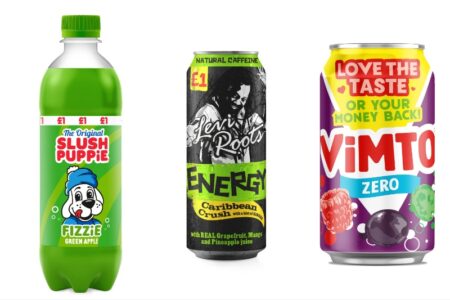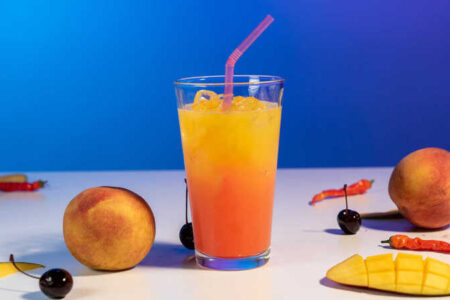Changing drinks habits across Europe
The latest report from market and shopper intelligence firm IRI reveals that changing drinking habits across Europe affected sales of drinks, including mineral water, last year. According to IRI’s Pulse Drinks Report (Q4 2013), total sales for non-alcoholic drinks across Europe was €43.6 million, a drop of 0.4%, with only the UK and France seeing sales rise over the previous year and all other markets decline. Coffee and tea were the biggest losers.
While mineral water still outperformed other soft drinks categories, a change in drinking behaviour in countries like Germany and Italy means that carbonated mineral water is declining in popularity, as younger people turn to still water, non-alcoholic beers and adult lemonades, as well as energy drinks. However, colder, wetter and more unreliable weather seems to be the single biggest factor in lower volume sales for cold beverages across most countries.
IRI points to new product development to help drive sales, especially in the water-plus category where mineral water with added flavourings like lemon and lime are becoming more popular with a younger generation. Fizzy water is now associated with older drinkers, so people are looking for trendy alternatives like flavoured waters, lemonade-style and energy drinks.
Key trends include:
– The European drinks market declined in 2013 by 0.4% – mainly due to coffee and tea, which declined when all other categories grew in value.
– The top category in 2013 was mineral water ahead of soft drinks. The UK, Germany and the Netherlands all grew sales in mineral water. Around 40% of the growth came from Germany.
– The juices, squashes and syrups category is growing in Europe, except Italy and Spain, where value sales declined due to bad weather.
– The soft drinks category had significant growth in France and the UK. Whereas cola soft drinks were declining in the first three quarters, cola grew through promotions in Q4. Both countries combined to help soft drinks grow in Europe despite decline in all other countries.



